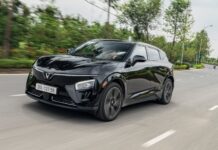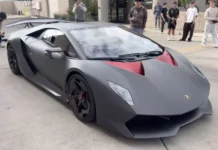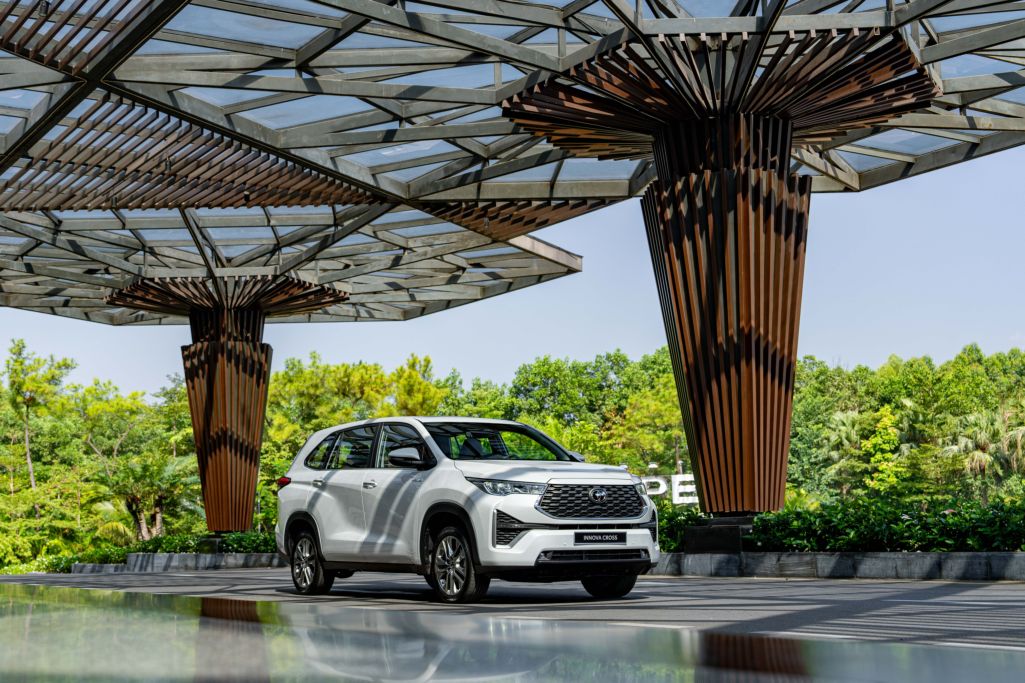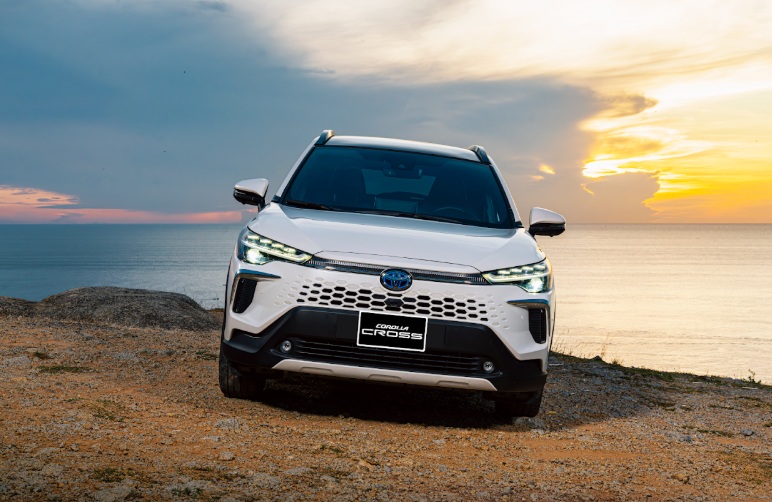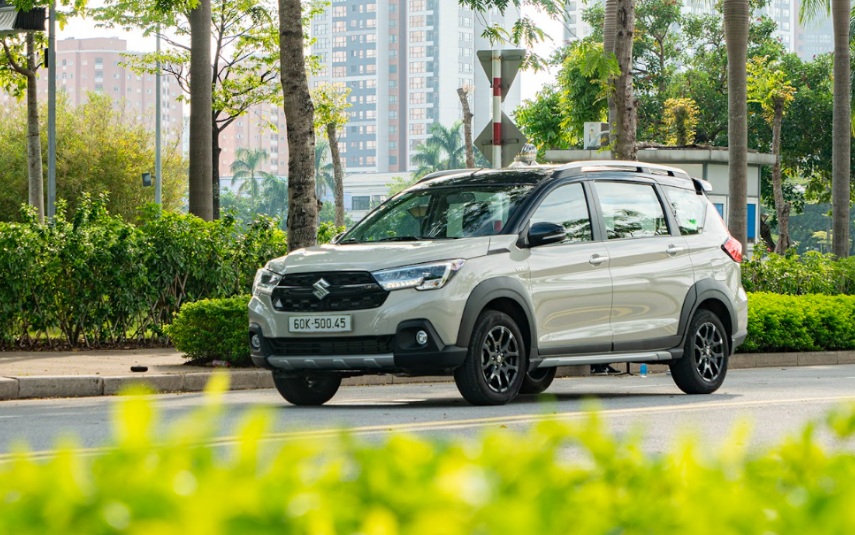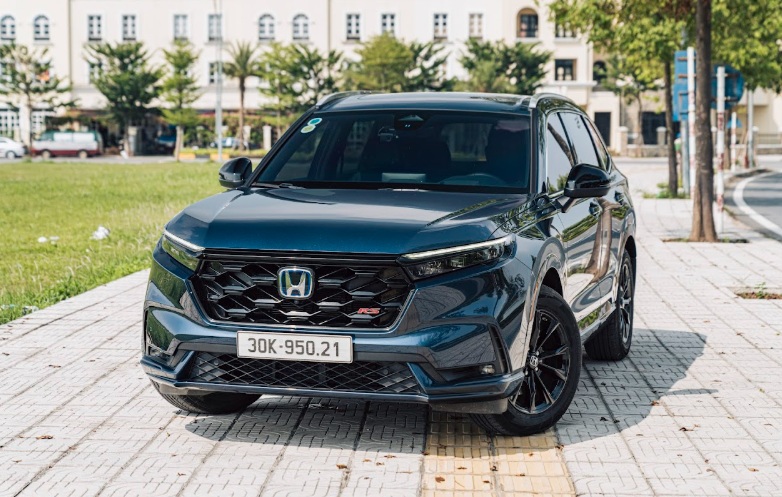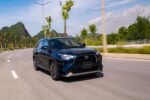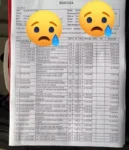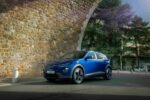As of September 2025, Toyota remains the dominant force in Vietnam’s hybrid vehicle market, with the Innova Cross leading as the best-selling gasoline-electric hybrid model in the country.
According to the Vietnam Automobile Manufacturers’ Association (VAMA), a total of 9,994 hybrid vehicles were sold in the first nine months of the year, marking a 124% increase compared to the same period in 2024. This figure encompasses three hybrid configurations: self-charging hybrids (HEV), mild hybrids (MHEV), and plug-in hybrids (PHEV), all applied to mainstream models from VAMA member brands.
Among the popular hybrid models, the Toyota Innova Cross stands out, with over 2,100 units sold in the first three quarters of 2025. The hybrid variant accounts for approximately 39% of total Innova Cross sales, reflecting Vietnamese consumers’ growing preference for fuel-efficient and environmentally friendly technology.
The success of the Innova Cross is attributed to Toyota’s strategic shift towards electrifying its SUV and MPV lineup, offering an ideal choice for those seeking fuel efficiency without fully transitioning to electric vehicles.
Alongside the Innova Cross, the Corolla Cross remains a key hybrid model for Toyota, with cumulative sales of 1,953 units over the past nine months. Launched in 2020, this model sparked the “hybrid trend” in Vietnam, maintaining high sales for the first two years. However, in 2025, its appeal slightly diminished as new competitors emerged, and the Yaris Cross, a smaller urban SUV, gained popularity for its affordability and versatility.
Additionally, the Corolla hybrid and Alphard hybrid contribute to Toyota’s expanded electrified product portfolio. As a result, the Japanese automaker holds approximately 57% of the hybrid market share, maintaining its leadership in Vietnam.
While Toyota focuses on full-hybrid models, Suzuki takes a different approach with its MHEV (mild hybrid) lineup. Models like the Swift, Fronx, and XL7 feature small-capacity batteries (under 10 Ah), enhancing torque and fuel efficiency without enabling pure electric driving.
Despite its simpler technology, Suzuki achieved positive results, with the XL7 hybrid ranking as the third best-selling hybrid model in the market, reaching 1,845 units sold, just behind the Innova Cross and Corolla Cross.
Honda is another prominent Japanese brand advancing in the hybrid segment in Vietnam. Models like the CR-V, HR-V, and Civic hybrids have helped the company secure around 23% market share. Notably, the Thai-imported Honda CR-V HEV is gaining popularity for its smooth performance and fuel efficiency, with 1,558 units sold in the first nine months of 2025, ranking fourth overall.
In contrast, some hybrid models have yet to achieve significant success. The Kia Sorento hybrid and Toyota Corolla hybrid sedan recorded fewer than 100 units sold in the first three months of the year.
Despite robust growth, hybrids still account for only about 2.5% of total car sales in Vietnam. In comparison, electric vehicles, predominantly from VinFast, achieved sales of over 103,000 units in the same period, representing 26.4% of the total market share.
Analysts suggest that hybrids play a crucial role in the transition to electric vehicles. With their reasonable pricing, familiar technology, and flexible operation, hybrid vehicles are seen as a suitable stepping stone for Vietnamese consumers to gradually embrace electrification.
TH (Tuoitrethudo)



